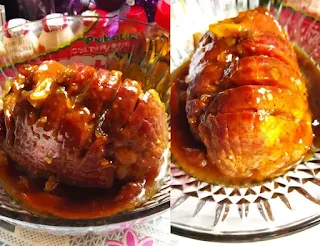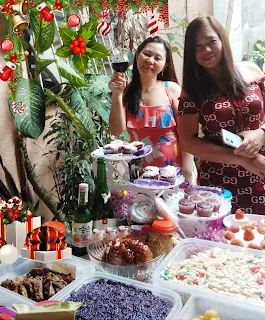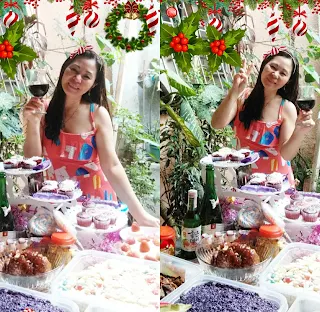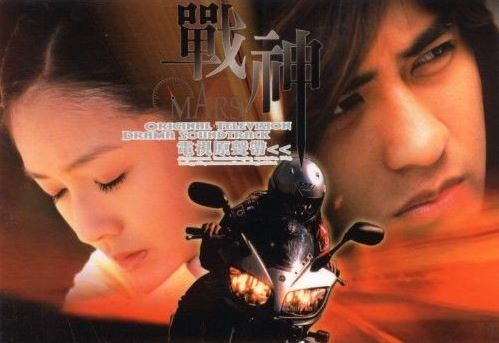The year is almost over! Oh God, so what now? 😄 Feel like nothing remarkable happened to me this year lol!
I am not keen on writing a New Year's resolution. Apart from its very unrealistic nature, I don't believe in summarizing what things or behavior I need to resolve or change as the year bids goodbye.
I believe in setting priorities or writing specific goals to accomplish in a year, but never in writing a New Year's resolution because I don't see the point in doing so.
Some 10 years ago, I dreamed to welcome another year in another country, which I accomplished in 2015 when I traveled to Vietnam (and Cambodia on the 2nd day of 2015) with two friends on New Year's day.
Usually, before the year ends, I would write a Year-ender article to highlight the events (personal or outside) in a particular year. But today, I don't feel like doing it. This year is tiresome and I might just sulk.
So I will just talk about the difference between Noche Buena and Media Noche. Because, well, food is life 😂
We've been using these two terms for generations during December to celebrate Christmas and New Year but do you know the real meaning of each term?
Obviously, both two words are Spanish. Our ancestors during Spanish colonization in the Philippines coined the terms to distinguish the two festive celebrations, which of course associated with food feasts.
 |
| Cinnamon Honey Glazed Ham |
Food is a huge part of Filipino society. Our culture believes that having plenty of food on the table during the festive season bring prosperity and abundance.
We also believe that preparing festive meals signifies gratefulness for surviving hardships and challenges in a particular year.
Noche Buena
In Spanish, Buenas Noche means "Good night" or "Evening goodness". However, this meaning has evolved in Filipino culture over the decades after the Spanish colonization.
This has been considered by most historians as a "Latinx" or Hispanic influence that became part of the festivity celebration in the countries that were previously colonized by Spain.
Just like most of the countries in North and South America, the Philippines had been a colony of Spain for 377 years (1521 to 1898). And throughout Philippine history, many nations have influenced Philippine culture, but one thing is very dominant - the Spanish influence on religion.
The Philippines is the only predominantly Christian country in Asia, with roughly 86% of the population belonging to the Roman Catholic faith, according to
Asia Society's Center for Global Education. Thus, Noche Buena is a huge festive tradition in the country during the Christmas season.

"It is deeply rooted in that past," says James Zarsadiaz, associate professor and director of the Yuchengco Philippine Studies Program at the University of San Francisco, via USA TODAY. "Even if you're not necessarily Catholic, Filipinos understand what it means and know what the festivities are all about".
In the modern Philippines, Noche Buena means a festive meal prepared for Christmas eve to celebrate and commemorate the birth of Jesus Christ.
Noche Buena is a long-cherished tradition in the country that began in the 16th century when the Spaniards introduced Christianity in the unknown island, which was later named Las Islas Filipinas in honor of Prince Philip, the Prince of Asturias.
 |
| Glazed Ham is the common staple during Noche Buena and Media Noche in the Philippines |
Just a trivia: The King of Spain when Ferdinand Magellan (a Portuguese navigator in service of Spain) landed in Leyte in 1521 was King Charles I (who was also Emperor Charles V of the Holy Roman Empire). He abdicated in 1556 to become a monk. He was succeeded as King of Spain by his son, Philip II. His brother, Ferdinand, succeeded him as Holy Roman Emperor. The current King of Spain, Felipe VI (Philip VI), is his great-grandson five times over.
 |
| Misa de Gallo scene in the Philippines |
Despite its colonial beginnings, Noche Buena has survived in the Philippine culture long after the Spaniards left the Philippine shore. Today, it is the centerpiece of the traditional Christmas celebration in the country.
The Philippines is also the only Catholic country in the world that has an early morning novena mass for nine days during the Advent season to prepare for Christmas day. The "Misa de Gallo" in other Catholic countries is only refers to the mass on the Christmas eve.
Media Noche
A Spanish term that literally means “midnight", and is commonly used to describe the midnight dinner feast in households on New Year’s Eve.
Families around the world have different ways to welcome the New Year. Some gathered at the table with their loved ones to share festive meals, others mark the beginning of the year by going somewhere to embark on some outdoor adventures.
 |
| Media Noche table in the Philippines |
However, in the Philippines, New Year's eve is celebrated with a blast of
festive meals on the table where families gather to welcome another year. So it literally means, food feast!
Filipinos believed that having a midnight dinner feast on New Year's eve brings prosperity, happiness, abundance, and a life full of blessings for the coming year.
Although Media Noche is a Spanish term, this "midnight dinner feast" mentality actually is not a Spanish influence but a Chinese influence.
Chinese believed that having plenty of food on the table on New Year's eve attracts good luck, happiness, and abundance for the coming year.
So while Noche Buena is a Spanish influence, the concept of Media Noche in modern Philippine culture is an Asian influence.
Filipino households in modern days copied how the Chinese celebrate New Year: preparing circular fruits and objects, wearing polka dot dresses, and having sticky food or pancit during the festivity, among others, to attract abundance, prosperity, and success the whole year round.
So are you up on this mentality, belief, tradition, and mindset? I am not usually into this. I believe that when you work hard, when you're serious with your life goals, and determined to get what you want, you'll have your success and abundance.
There's no need to wear polka dots, prepare circle objects and fruits, or fill your table with so many food that you can't consume in a day.
I'm not into the belief of Feng Shui or buying any ornaments that attract prosperity, I only believe in fate and working hard for your success.
But, well, culture is part of our existence, whatever you believe in life, as long as you're not harming someone, just go for it.
Happy New Year 2023. Have a blast but be safe! 🎉🎈




















0 Comments